Last week, I published a post asking SWLing Post readers what type of radio their “daily driver” is at present. Click here to read that post.
I created a survey form and left it open for about five days. In that time, we received 639 responses! If you’d like to read the results, continue scrolling or click on continue reading below.
–The Results–
7.5%: Vintage Solid-State Radios
3.1%: Vintage Valve/Tube Radios
3.3%: Scanners
16.4%: Software Defined Radios
18.2%: Ham Radio General Coverage Transceivers
3%: Commercial-Grade Radios
9.1%: Tabletop Radios
36.8%: Portable Radios
Thank you for participating!
I found the results pretty fascinating. No doubt, portable radios remain the most popular type of receiver today and by quite a large margin. This did not surprise me since portables are so accessible and affordable. Portables also allow us to hit the field and escape all of the man-made radio interference that plague our homes and neighborhoods.
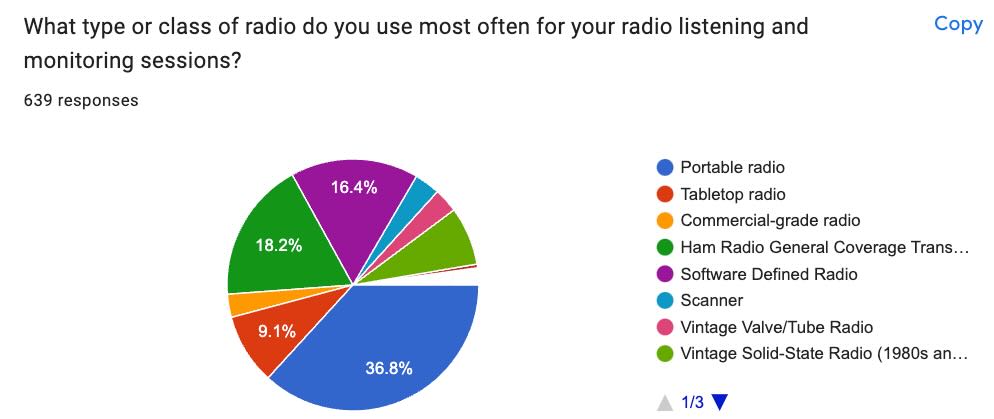 I was a little surprised that general coverage transceivers and SDRs were so close in the results. I assumed SDRs would have been more prominent. In the end, though, a few more of us (eleven to be precise) said their daily driver was a general coverage transceiver. I really shouldn’t be surprised because there are a lot of ham radio operators who are also SWLs (I’m a case in point). Also, these days, there are general coverage transceivers that will give the best broadcast receivers a run for their money.
I was a little surprised that general coverage transceivers and SDRs were so close in the results. I assumed SDRs would have been more prominent. In the end, though, a few more of us (eleven to be precise) said their daily driver was a general coverage transceiver. I really shouldn’t be surprised because there are a lot of ham radio operators who are also SWLs (I’m a case in point). Also, these days, there are general coverage transceivers that will give the best broadcast receivers a run for their money.
I’m also pleased to see that at least one in ten of us enjoy using vintage radios on a daily basis.
Again, many thanks for participating in our survey!

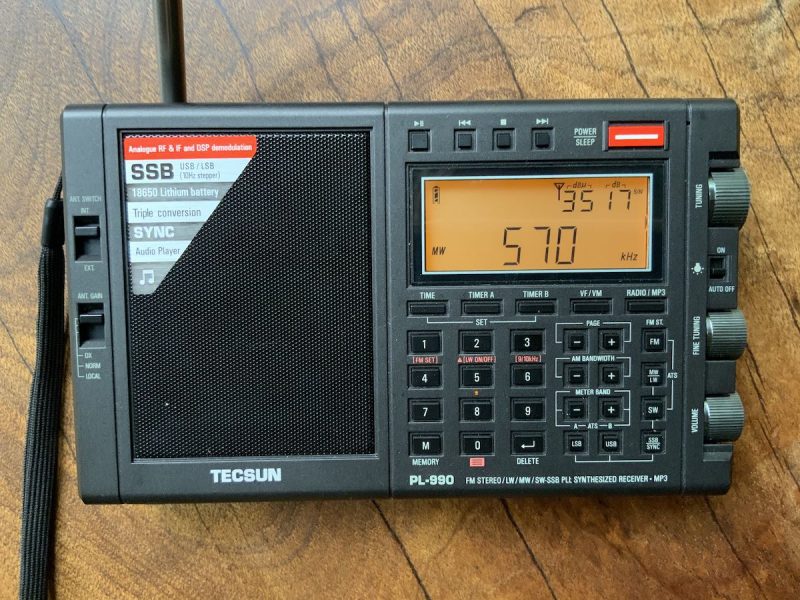
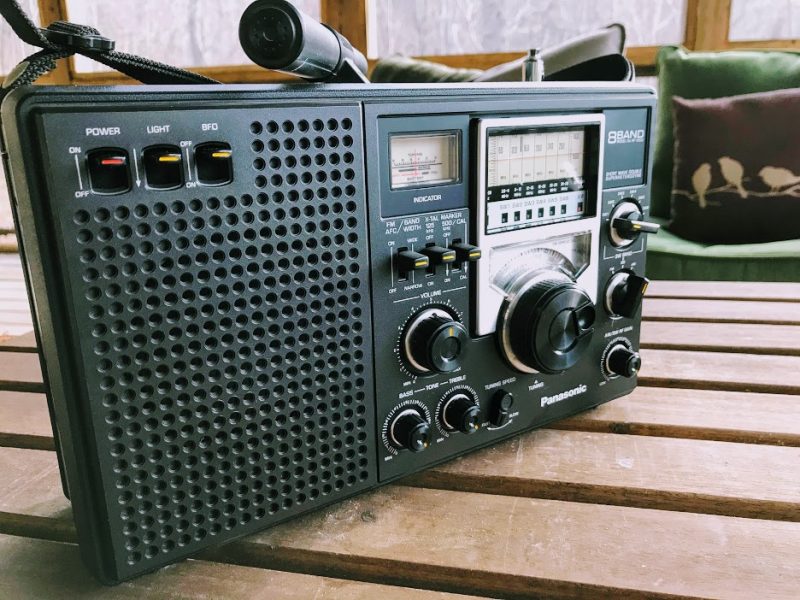

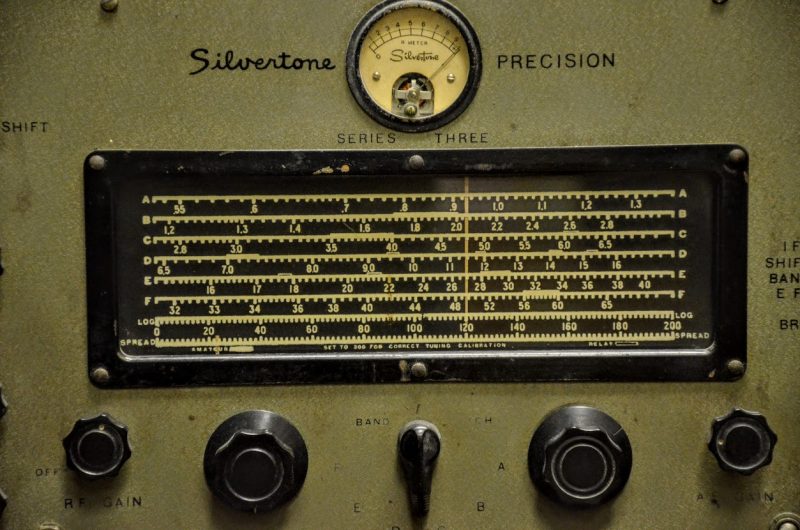
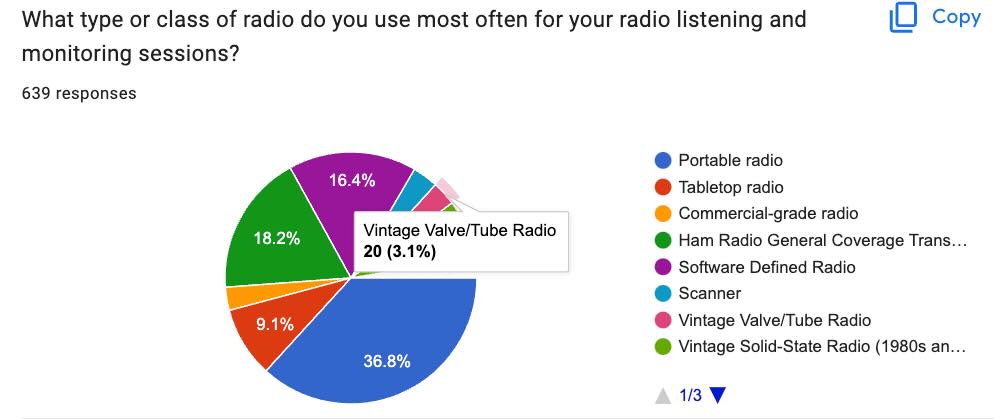


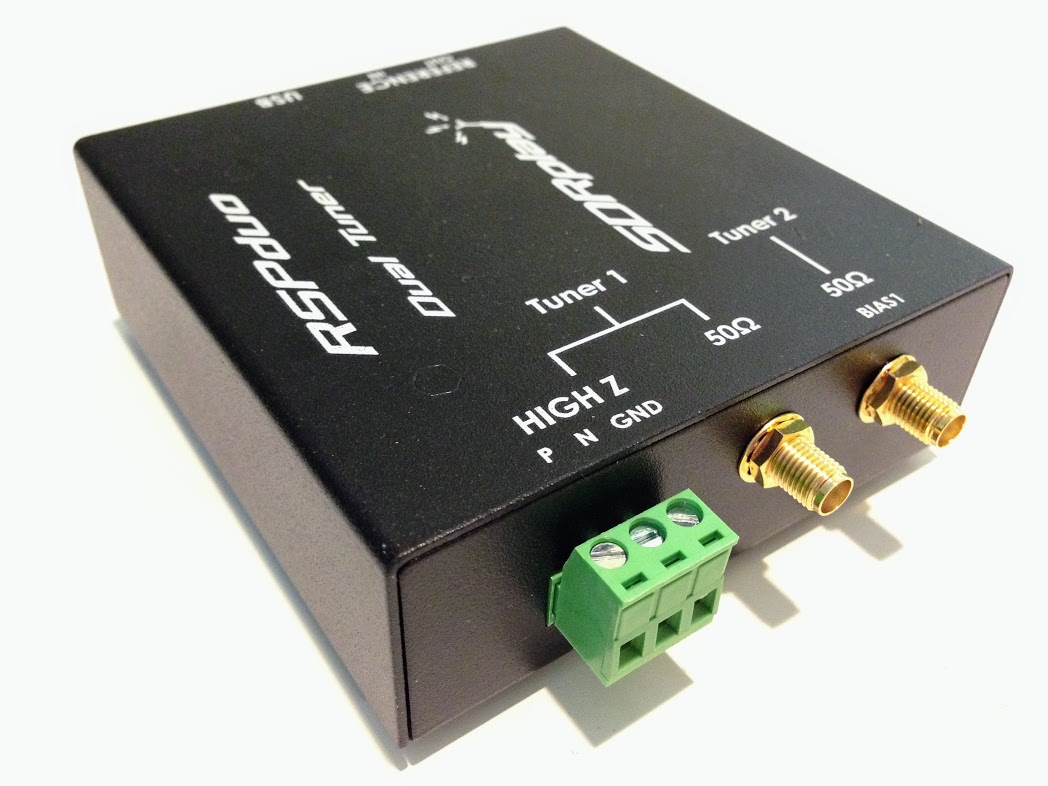
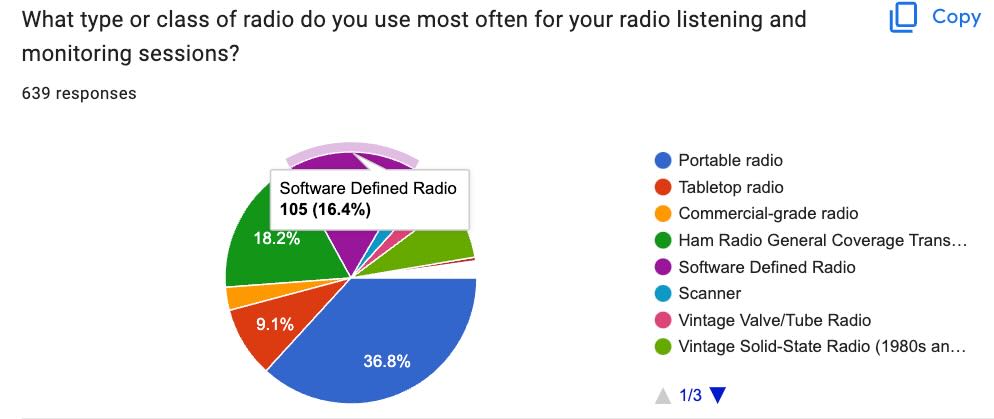
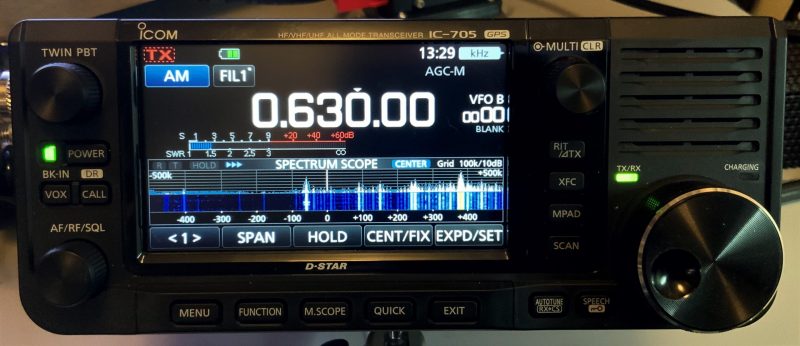
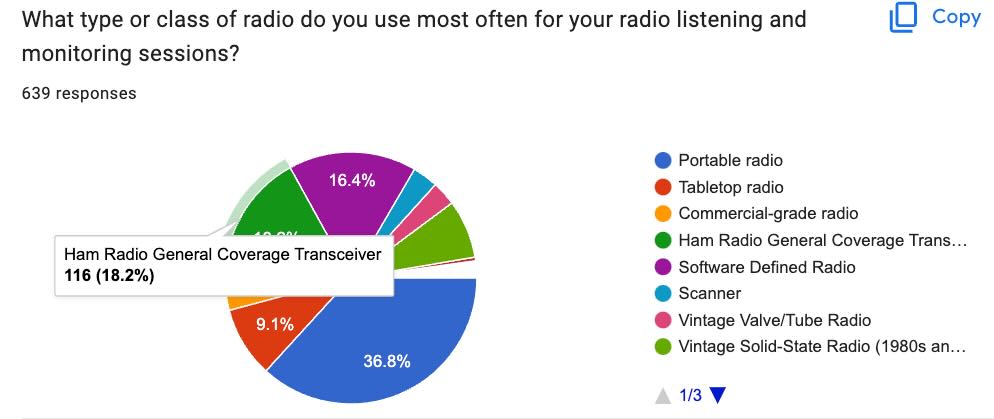
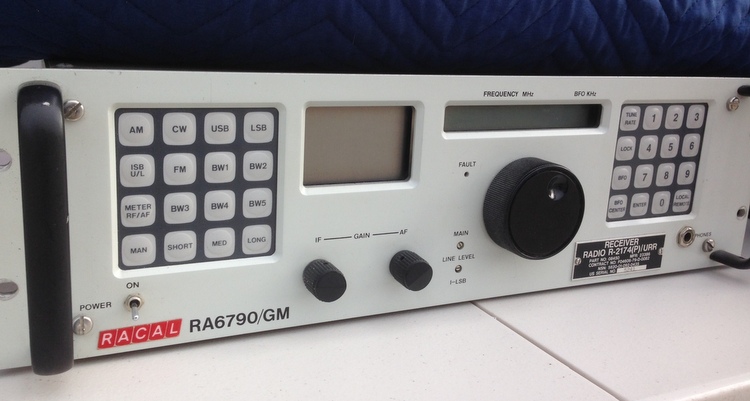

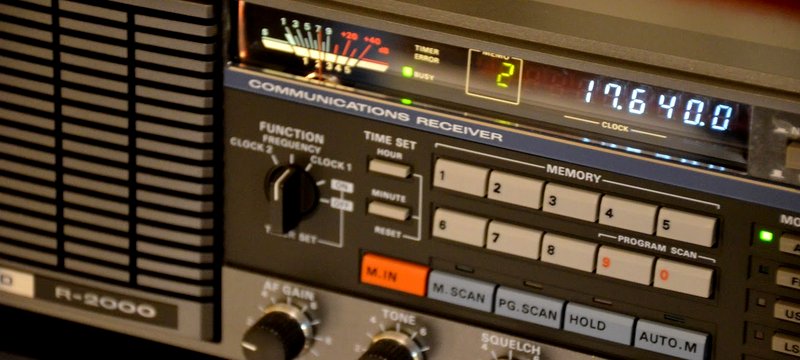
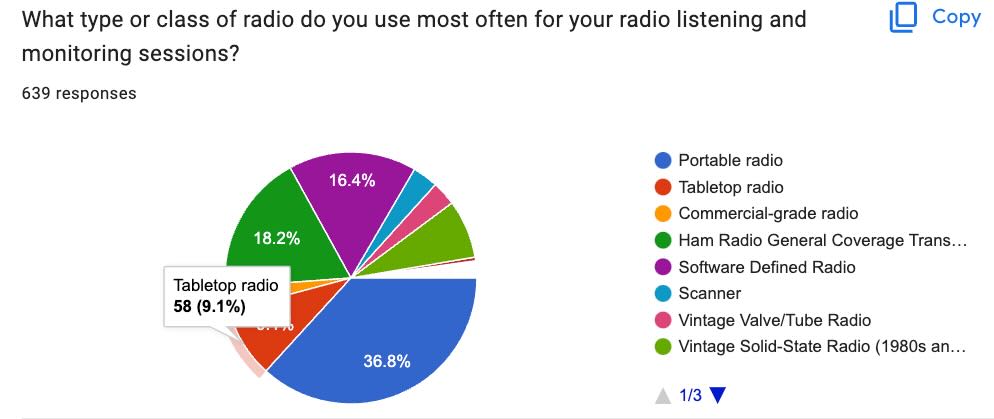
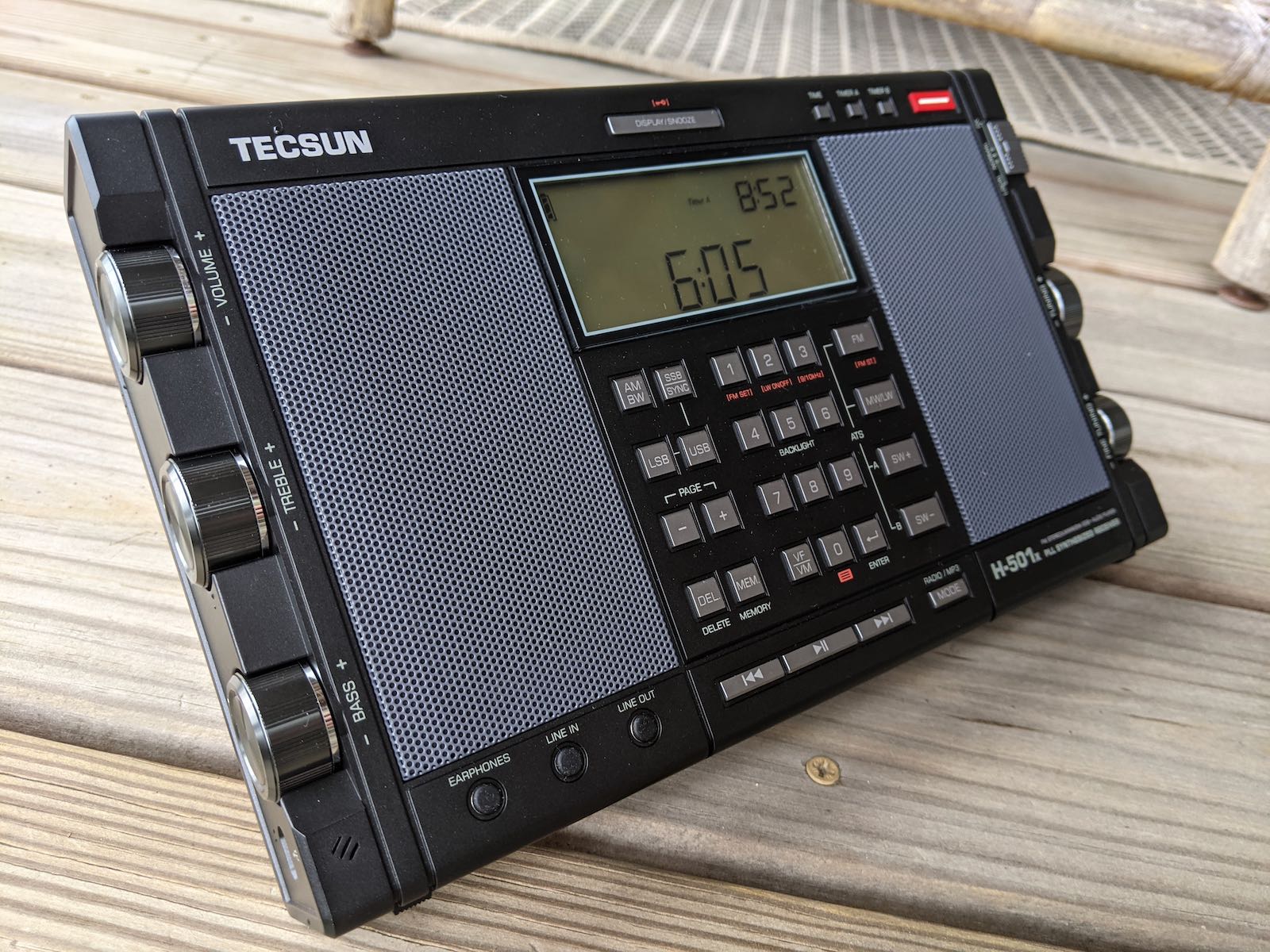
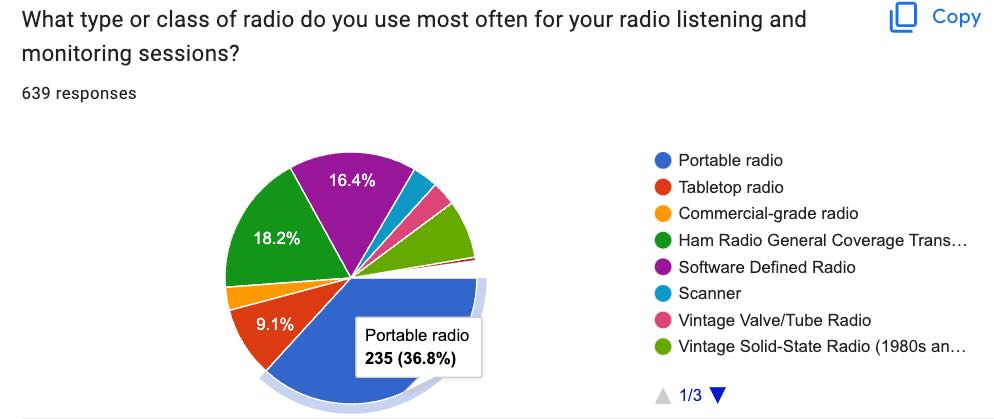
I am a little surprised. It would be interesting to see how many responding are casual SWL’s versus serious Deep DX or weak signal seekers. I wonder if the outcome would be different within those two categories. Also among MW DX-ers
well I have used a Kenwood TS120v, FT7 and also the Indian Mincrobitex. I find usually there is no difference in the receivers whether they are QRP or the QRO version QRO.
Hi Thomas,
I can’t speak for anyone else but I would love you to do an article on the best QRP ham radio transceivers for swling. If you haven’t already
73
Andrew VK2ZRK
There are a few posts that touch that topic:
https://swling.com/blog/2021/02/what-is-your-favorite-general-coverage-transceiver-for-shortwave-listening/
https://swling.com/blog/2017/06/the-best-transceiver-for-a-new-ham-and-seasoned-swl/
https://swling.com/blog/2014/06/the-best-general-coverage-transceivers-for-shortwave-listening/
https://swling.com/blog/tag/general-coverage-transceivers/
I will give this some thought! Thanks for the idea.
Cheers,
Thomas
The 705 is still unambiguously to be sorted into the general coverage ham TRX category but the only categories it doesn’t cover are the “vintage…” and “commercial-grade…” ones, with the latter being much a question of modular construction for fast repairs. The point is that it could’ve been purchased for any of the other categories it fits into, because it’s an SDR, or because it can scan VHF, or because it can do all these things on the table, but with an antenna attached directly to the radio, and continuing to do that on battery power in case the local transformer explodes again… 🙂 I think the 705 is not the only TRX more or less defeating this kind of clear categorization, which may be a contributing factor to the high result.
BTW, not so rare things such a survey doesn’t cover are the “rotation” of daily drivers in any possible frequency ranging from “depending on time of day” to “every other season” (I think I know some heavy “rotator” somewhere in NC), and of course daily parallel usage, you know, people who listen to more frequencies than the NSA when they play radio. Also, I’m not sure if everyone using only (or mostly, for various reasons) web SDRs has understood that they belong by all means in the SDR category.
For once it’s a positive development that things are way more complex and confusing than they used to be though! 🙂
My daily driver is a Commradio CR-a and i recently found a working RadioShack DX-394 on craigslist
The problem, as I see it, is that there are very few “current” tabletop receivers, the only ones remaining if I’m not wrong are stuff like the Tecsun S-2000 and the like, now, while those have some merits I don’t think they can compare to the “old times” receivers from Icom, Yaesu, JRC and so on, so when it comes to buying a receiver one can either pick a used one (hoping it’s working ok) or go for a portable packing as much features and being as good as possible, and the alternative is SDR, but while good SDR are available, they’ll need to switch on a computer, while using a regular receiver just means powering it on and tuning around
It’s a pity that the desktop receiver market has (almost) no offer, sure, portables are nice and you can carry them around and listen wherever you are (not so with an SDR), but sometimes one may want to just sit at home and sweep the bands using some good antenna and that’s a job for a desktop receiver
Good comment!
Wonderful survey. Sorry I missed it. My boat anchors are not working. If they did I would be listening on them with an external speaker for fantastic audio. I use a Sony icf2010 and a Perseus SDR.
Thanks again.
As someone who finally got to join the SW hobby I would include myself in the portable category. Mostly because I live in an RV so I don’t have space for a tabletop radio like the Satellit 750.
Thanks for doing this survey, I found the results quite interesting! Like a lot of your readers I have a collection of radios that covers multiple of your categories, but I tend to reach for one of my smaller travel portables 80% or more times.
Thanks Thomas for the statistical analysis. Not surprising that the portables are the most popular. They’re just so convenient to use in our daily lives which consist more of just sitting stationary at the radio bench . Movement is so much a part of living and portable radios are a good fit.
This excellent!
Given that so many folks use portable radios as their daily drivers, I would hope to see more posts from listeners on their tools, tricks, and techniques for peaking/optimizing performance from their portables.
Cheers, Jock